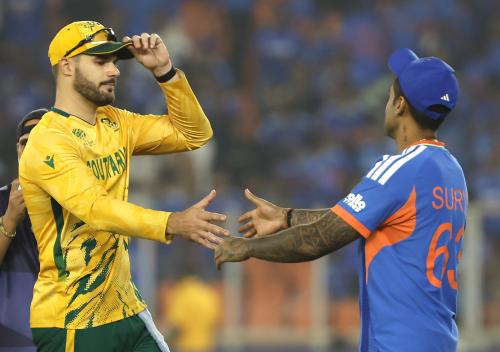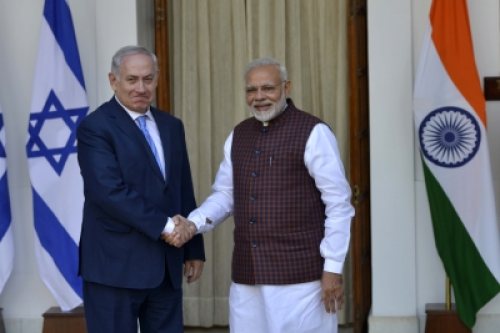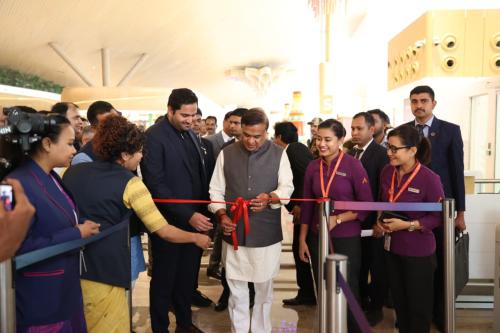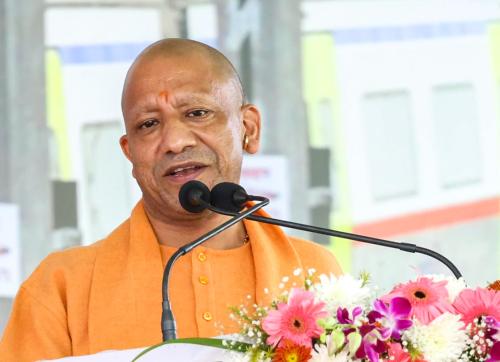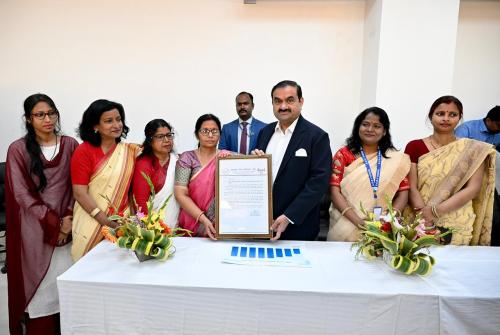By Asad Mirza The recent demonstrations in Russia might have raised the West's hope to see an end to the Russian oligarchy, but it may turn out to be a wishful dream. Over the last two weeks, many Russian cities including Moscow and St. Petersburg witnessed a second wave of public demonstrations in support of opposition figure Alexei Navalny. However, the demonstrations were mostly against Kremlin's policies and less in Navalny's support. In most cities, demonstrators expressed frustration with Russia's coronavirus-related lockdown measures, anti-Putin sentiments and government's actions against other anti-establishment political activists. Putin-Navalny fight Russian opposition leader, politician, lawyer, and anti-corruption activist, Alexei Anatolievich Navalny came to international prominence by organising anti-government demonstrations and running for office to advocate reforms against corruption in Russia, President Vladimir Putin and his government. Navalny's video of Putin's alleged palace on Russia's Black Sea coast has now been viewed more than 111m times. His detention and court appearance prompted the biggest street protests in Russia since 2011-12, with demonstrations in 180 towns and cities across Russia. Navalny has also antagonised the Kremlin by calling on the west to impose personal sanctions on 35 individuals linked to Vladimir Putin. They include oligarchs, the judge who remanded Navalny in custody last month, and senior government figures. Navalny poses a serious threat to the country's political elite. They don't seem to know how to handle him. If Navalny is kept in prison or released, his movement will be strengthened, and it has the potential to fuse to broader public dissent over Russia's long-term economic performance and government ineffectiveness. Besides pro-Navalny support, other factors fuelling public anger are falling living standards, pandemic-related troubles, diminished political freedom, and Putin's decision to effectively remain in power beyond 2024. Many Russia observers are of the view that these demonstrations represent a new stage in Russian public dissent. Emil Avdaliani, a professor at the Tbilisi State University in his recent paper for BESA Centre on the continuing demonstrations opines that the first indicator that these rallies are different is their sheer size. Totalling nearly 100,000 people, they were the largest nationwide displays of dissent in recent years. The detention of 3,700 people greatly exceeds the detentions that occurred during the wave of anti-Kremlin protests that rocked Russia in 2011 and 2012. Moreover, these protests have spread countrywide. According to latest reports Russians in nearly 100 cities across the country took to the streets. Avdaliani opines that historically, Putin enjoyed the advantage of Russia's geography, which precluded the spread of public dissent. Much has changed, however, as modern technologies have enabled the coordination of simultaneous protests across Russia's vast territory. The manner in which Putin and his cliques have handled the issue has catapulted Navalny into a celebrity. Currently, Navalny is Russia's second most prominent face and voice abroad after Putin, and has become a politician with global reach. Initially, for nearly a decade, the Russian authorities treated Alexei Navalny like a minor political headache. The county's political elite addresses him in an imperious manner by not referring to him by his name, but then the decision to assassinate him catapulted him to the status of a national figure. Not long ago, many Russians had any idea who Alexei Navalny was, but he is now famous enough to pose a direct threat to the leadership. At present, Russia is experiencing what it experienced in the 1990s and the early 2000s - a struggle for a more effective government, more accountability, transparency over public spending, and most of all, the ability to change the government through elections, and Putin's gambit to remain in power indefinitely has added fuel to the public dissent, in which the Navalny episode has acted as a catalyst. EU's response Meanwhile, the internal affairs of Russia had an after effect on the manner in which the European Union functions. So far, the UK and EU have already introduced targeted sanctions over the poisoning of Navalny, and the EU is considering additional measures over his jailing and the subsequent crackdown. The Guardian reported that the Russian Foreign Minister, Sergey Lavrov, has said that his country was prepared to break off relations with the bloc if there were any new sanctions. But the inner EU wrangling may perhaps take a toll on the organisation's ability to handle international issues, as a unified response to the Russian affair has been missing, as the EU member states can't agree on how to handle Putin. More European sanctions on Russia may be announced soon, but not even the humiliation of the EU's foreign policy chief Joseph Borrell's recent visit to Moscow looks likely to sharpen the bloc's woefully divided policy towards the Kremlin, analysts say. EU unity on Russia can't be expected any time soon. Despite mounting concern at Moscow's behaviour in many capitals, there is widespread disagreement over how to respond, with national strategic and economic interests far from aligned. Germany, which played a major role in EU sanctions against Russia after the annexation of Crimea in 2014, is resisting calls to back out of the Nord Stream 2 gas pipeline project, preferring targeted sanctions against wealthy Kremlin supporters. Meanwhile, Emmanuel Macron of France still favours dialogue and a strategic 'reset' in EU-Russia relations, while Poland and the Baltic states want far tougher action. Judy Dempsey of the think-tank Carnegie Europe opines that Moscow prefers dealing separately with each member state, instead of EU as a bloc, and on the other hand most EU states don't know what they clearly want from Russia. According to Dempsey, like his predecessors, Borrell's visit was bound to fall short because the bloc lacks a genuinely European strategy. Until now, national interests in Europe have prevented that from happening and it's hard to see that changing. Nicu Popescu of the European council on foreign relations argues that European attempts to reset relations with Russia were doomed to failure because they are "predicated on the idea of mutual concessions". Instead, a more muscular approach might yield better results, he added. Meanwhile, Russia issued an international arrest warrant for Leonid Volkov, one of Navalny's senior allies, who is currently based in Lithuania. However, European nations' hope that dissent may generate a liberal movement to replace Putin may not be fulfilled. Though some degree of a liberal mood might be present amongst the demonstrators, they are clearly not either pro-West or pro-democracy. Instead of the young crowd, the demonstrators have included middle-aged, middle-class Russians. These people are frustrated with the government's economic performance and corruption and the end result may not be what Europe wants -- an end to the Putin era. (Asad Mirza is a political commentator. He can be contacted at asad.mirza.nd@gmail.com. The views expressed are personal)
The Russian affair
- by Rinku
- February 15, 2021 2 minutes
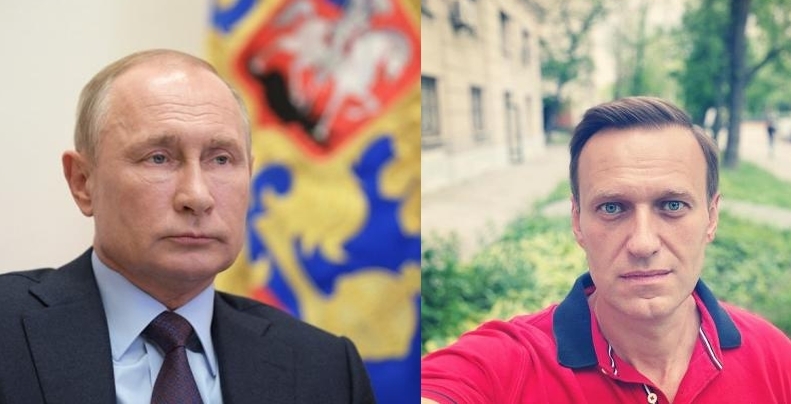
Vladimir Putin and Alexei Navalny.
J&K Tourism Department restarts online registrations
February 15, 2021



